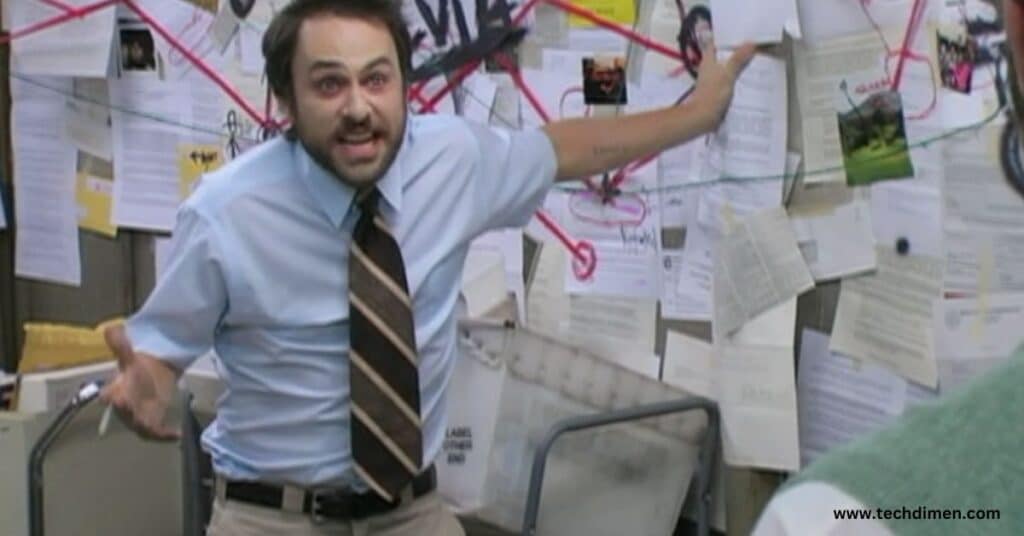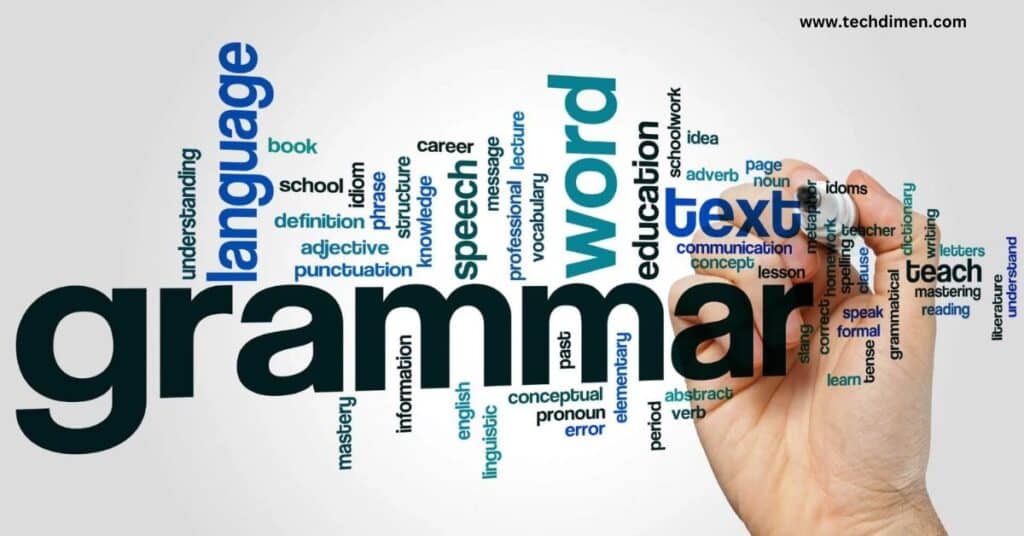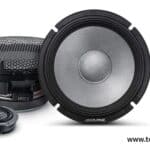Technical vs Technology work, and everyday tools, people often toss around the words technical and technology as if they mean the same thing. But they don’t. And if you’re aiming to speak or write clearly especially in business, education, or the tech world. The difference between technical and technology can set you apart.
The Problem with Treating “Technical” and “Technology” as Interchangeable
It’s surprisingly common to hear someone call software “technical” or label a user manual as “technology.” The confusion seems harmless until it affects how clearly your message comes across. In professional environments, even small misunderstandings around words like these can lead to misaligned expectations, poorly targeted job descriptions, and mixed signals in client communications.
Whether you’re writing a resume, planning a pitch, or explaining a product to stakeholders, your word choices matter. Technical vs technology isn’t just a grammar lesson it’s a foundation for accuracy and credibility.
More Than Just Complicated Jargon

“Technical” functions as an adjective and describes anything involving specific, specialized knowledge or methods. You’ll see it used in engineering, coding, mechanics, and even finance. If something is “technical,” it usually means it has depth, detail, and often requires training to understand.
Think of a data analyst creating predictive models or an electrician wiring a smart home system. These people don’t just use tools they apply specific expertise to make something work. That’s technical skill in action.
The meaning of technical also shows up in language. Technical writing, for instance, isn’t about sounding smart it’s about clearly and accurately explaining complex topics. When done well, it turns advanced processes into content that everyday users can understand.
What Technology Actually Refers To and Why It’s So Much Broader
Where “technical” focuses on skill and knowledge, “technology” centers around the systems and tools themselves. Technology is a noun, and it refers to the innovations we use to solve problems or perform tasks more efficiently.
This includes everything from your smartphone and cloud storage platform to AI-powered hiring software and 3D printing machines. These are all technological products, built through technical work but they are not themselves “technical.” They are the end result: the tools we interact with.
The difference between technology and technical makes it easier to draw lines between process and product, skill and system, effort and outcome.
Why Saying “It’s Too Technical” Reveals More Than You Think

If someone says, “This is too technical for me,” they’re rarely talking about a gadget. More likely, they’re pointing to content or instructions that are dense, filled with unfamiliar terms, or written for specialists rather than general audiences.
This situation happens a lot in fields where domain knowledge is assumed. Medical paperwork, user manuals, and programming documentation often fall into this category. The challenge is that these materials need to be accessible to people who may not share that technical background.
That’s where strong technical communication comes in. It’s not about dumbing things down. It’s about making them usabl and that means translating complexity into clarity without losing accuracy.
How Technology Is Shaping Our Lives Across Every Industry
Technology today isn’t just about flashy gadgets or futuristic inventions. It’s about the practical systems and platforms we rely on every day, in every industry.
In schools, technology shows up in the form of interactive whiteboards, remote learning tools, and digital testing platforms. In hospitals, it’s the diagnostic machines, robotic surgical arms, and patient monitoring systems. In agriculture, it’s drones, automated irrigation systems, and crop-monitoring sensors.
All of these innovations represent the use of technology in solving problems. They’re the tangible proof of how far human invention has come and how critical technology is to progress.
the World Examples Show the Contrast in Clear Terms
Imagine a team building a mobile app to streamline restaurant ordering. The software itself is the technology. But the coding, the system design, the data modeling those are all technical processes.
Or picture an architect designing a smart building. The smart locks, energ saving systems, and climate control units are technologies. The blueprints, stress calculations, and integration planning are technical tasks.
How Different Industries Use Both Terms
Every industry relies on both technical and technological components, but they use the terms in different ways. In healthcare, for example, a nurse might be trained in technical procedures like drawing blood or administering medication. The technology they use could be an electronic health record system or an automated IV pump.
In education, the curriculum designer uses technical strategies to build effective learning pathways, while the school invests in classroom technology like tablets and projectors to deliver the content.
The software sector offers a perfect split as well. Developers bring deep technical knowledge to build software, but the end-user interacts only with the finished technology, like a CRM or mobile app.
The Grammar Behind the Message: Why Word Choice Signals Precision

Using the word “technology” when you really mean “technical” doesn’t just create confusion it might make your statement inaccurate. Saying someone has “great technology knowledge” sounds odd. “Great technical skills” is much more precise and meaningful.
The same applies to writing. A “technology report” might imply a review of devices or systems, while a “technical report” would suggest in-depth analysis or instruction. The words you choose reflect how well you grasp the subject and how credible your message sounds.
Exploring Related Terms Adds Depth to Your Understanding
Diving deeper into connected vocabulary helps reinforce the core difference. “Technological,” for instance, is the adjective form of “technology.” It’s used to describe things like advancements or progress in innovation think “technological revolution” or “technological innovation.”
Meanwhile, “technician” refers to someone trained in technical work. “Technicality” highlights a small but important detail often legal or procedural that could affect outcomes. Each of these terms aligns closely with either the technical or technology category and helps clarify your message when used correctly.
What You Can Learn from Job Listings and Industry Language
Language around these terms shows up everywhere, but job ads make a particularly interesting case study. If a company seeks someone with “technology experience,” that might attract candidates who know how to use software or tools. But if they want someone with “technical expertise,” they’re clearly looking for someone who can build, troubleshoot, or implement those tools.
Misusing these terms in job descriptions can lead to mismatched candidates and wasted interview time. On the flip side, using them correctly helps companies target the right talent and helps job seekers present themselves accurately.
Making It Stick A Mental Shortcut for Everyday Use

If you ever feel unsure about which word to use, here’s a simple mental trick.
“Technical” is all about how something is done. It’s the method, the detail, the knowledge required to make it work.
“Technology” is the thing that does it. It’s the tool, the machine, the software or system that performs the task.
In short: technical equals the expertise. Technology equals the product.
Questions You’ve Probably Asked Before Answered Clearly
What does technical mean, exactly? It means specialized knowledge, complexity, or detail-oriented skill usually the kind you need training to acquire.
And what is technology? It’s any tool, system, or invention that solves problems or increases efficiency.
Is technical the same as technological? Not quite. They’re related, but not interchangeable. Technical refers to knowledge. Technological describes a system or innovation.
Can you have both? Absolutely. Most products rely on technical skills to become functioning technologies. But speaking about them clearly requires knowing which word reflects which idea.
Technical vs Technology
| Aspect | Technical | Technology |
|---|---|---|
| Part of Speech | Adjective | Noun |
| Core Meaning | Describes skills, processes, or specialized knowledge | Refers to tools, systems, or innovations |
| Context of Use | Used to describe complexity or detail in a task | Used to define systems or devices that solve problems |
| Example Usage | Technical drawing, technical difficulty, technical skills | Emerging technology, mobile technology, green technology |
| Fields Applied | Engineering, IT, science, finance | All industries, especially digital and industrial sectors |
| Common Confusion | Often misunderstood as a synonym for “technology” | Sometimes incorrectly used in place of “technical” |
FAQs
What does “technical” mean in a professional setting?
In a professional context, “technical” refers to specialized skills, methods, or processes that require detailed knowledge or training. It often involves problem-solving, precision, and depth in fields such as engineering, IT, science, and finance. For example, troubleshooting a server, conducting a lab analysis, or writing code are all considered technical tasks.
How is “technology” different from “technical”?
Technology is a noun that represents the tools, systems, or digital platforms created to solve problems or improve efficiency. Technical, on the other hand, is an adjective describing the complexity or expertise required to create or operate those tools. For instance, artificial intelligence is a form of technology, while developing an AI algorithm requires technical expertise.
What’s the difference between Technical vs Technology
Although they sound similar, “technical” describes specific skills or procedures, while “technological” is an adjective derived from “technology” and relates to advancements or innovations. A technical report explains how something works; a technological advancement refers to a new tool or system that enhances performance.
Why do people confuse Technical vs Technology?
The confusion often stems from both terms being used in similar industries, especially in the tech sector. However, understanding the grammar difference technology as a noun and technical as an adjective helps clarify their distinct roles. People tend to blur the lines because both relate to knowledge and innovation, but their meanings are not interchangeable.
Can someone be technically skilled without working in technology?
A person can have technical skills in a wide range of industries, including construction, healthcare, finance, and manufacturing. For example, a machinist, a nurse who calibrates equipment, or a data analyst all use technical skills even if they don’t work directly with modern technologies.
What is a technical skill exactly?
A technical skill is a specific ability used to perform a task that requires expertise, such as software development, mechanical repairs, statistical analysis, or financial modeling. These skills are often measurable, teachable, and essential for completing industry-specific tasks accurately.
How is technology used in education versus technical skills?
In education, technology refers to digital tools like smartboards, virtual classrooms, or e-learning platforms. Technical skills in this context would include lesson planning, curriculum design, or using a Learning Management System (LMS) effectively to track student progress.
Is every form of technology considered technical?
Not necessarily. While many technologies are created through technical processes, not every piece of technology is described as technical. For example, a smartphone is a technological device, but a user doesn’t need technical expertise to operate it. However, a developer who builds smartphone apps would use technical skills.
What’s the best way to decide whether to use Technical vs Technology in writing?
If you’re referring to skill, complexity, or procedure, use “technical.” If you’re talking about tools, systems, or innovations, use “technology.” For example, “technical writing” describes a specific style of communication, while “education technology” refers to tools used in classrooms.
How do job listings reflect the difference between Technical vs Technology?
Job descriptions that ask for “technical expertise” typically want someone skilled in complex tasks, such as coding or system architecture. If they mention “experience with technology,” they might be seeking familiarity with tools or platforms, such as knowing how to use Salesforce, Microsoft Office, or database software.
Final Thought
In the fast-paced world of innovation and communication, using language with intention is more than a courtesy it’s a strategy. Whether you’re writing for business, applying for a job, or simply explaining a process, distinguishing between technical and technology helps you sound smarter, not just more informed.
The next time you’re tempted to describe a task, tool, or process, pause for a second. Is it about the knowledge and detail? Or the system and product? Pick the right word and speak with clarity and confidence.

Jhon AJS is a tech enthusiast and author at Tech Dimen, where he explores the latest trends in technology and TV dimensions. With a passion for simplifying complex topics, Jhon aims to make tech accessible and engaging for readers of all levels.







